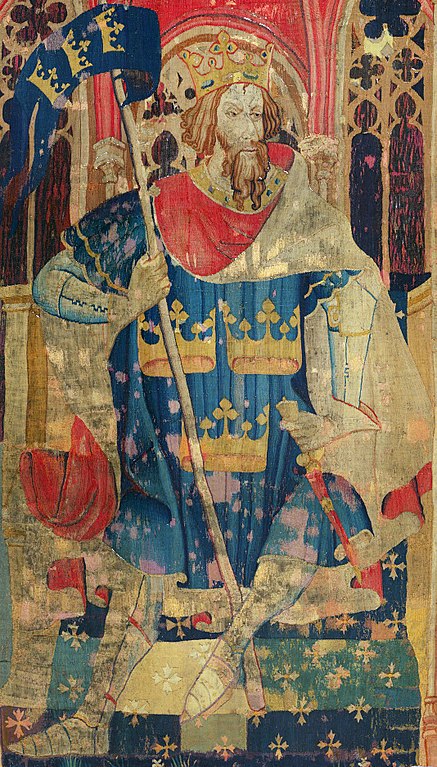If you’re trying to make sense of a presidential campaign, it helps to realize that it’s not logical, but mythological. We’re choosing a leader, not a manager, and the process has more in common with mystical, ancient rites than with reviewing resumes.
What we look for in a leader hasn’t changed much since the beginning of history, or even before, when we were primates gathered in troupes. We’re looking for the one who will fight, and win, for us.
The judgment of who that is isn’t really based on judgment, but on instinct. It’s necessary (or should be) for a candidate to be qualified and to have solid policies, but it’s nowhere near sufficient. What catches our stronger interest and ends up persuading us is what is expressed in a fleeting facial expression, the tone of a voice, and the way a body moves, along with how all of these happen to interact with the culture of the moment — the right leader at the wrong time won’t succeed.
Among lots of other research that supports this view, some of the most arresting is done by Alexei Todorov of Princeton. In a series of studies, he has shown subjects photos of unfamiliar political candidates for a fraction of a second each and asked them to chose the one they thought was best. Their choices match the actual election result up to 70 percent of the time. We shouldn’t read too much into this one example, but there are many other examples.
The candidates who emerge as the main contenders in an election tend to embody mythic archetypes, very often playing some versions of the roles of the Candidate of Fear and the Candidate of Hope. Candidates of Fear have included Barry Goldwater, Richard Nixon, and Donald Trump. Among the Candidates of Hope have been John F. Kennedy, Ronald Reagan, Bill Clinton (from Hope, Arkansas — please), and Barack Obama.
Candidates who don’t connect at a mythological level, but instead focused on their qualifications and policies, tend not to do well. Think of Walter Mondale, Michael Dukakis, Al Gore, John Kerry, or Hillary Clinton.
In the current primaries, the capable bureaucrats and technocrats have been falling by the wayside. If Biden emerges as the nominee, a big reason will be that he is now adopting a mythological role: the Prince of Light against Trump’s Prince of Darkness. Biden’s recent near-failure and sudden turnaround play into this: it’s a resurrection story. And the fact that he brought his troubles on himself adds another powerful mythological dimension: redemption.
Trump, who understands almost nothing else, understands, at least instinctively, how all this works: inhabit the role, and communicate in gestures and symbols, not facts and logic.
For supporters of qualified but defeated candidates like Bennet, Bloomberg, Booker, Bullock, Buttigieg, Castro, Delaney, Gillibrand, Harris, Hickenlooper, Klobuchar, O’Rourke, Patrick, Ryan, Steyer, Swalwell, Warren, or Yang (not an exhaustive list), it may be intensely frustrating to hear it, but Trump, who’s so wrong about so much else, is right about this.
That doesn’t mean decent people have to imitate Trump. It’s possible to lead at the intuitive, tribal level while standing for a noble, greater good instead of venal self-interest. But you won’t get there just by making sense. You have to connect.
I made this point recently on China Global Television:
